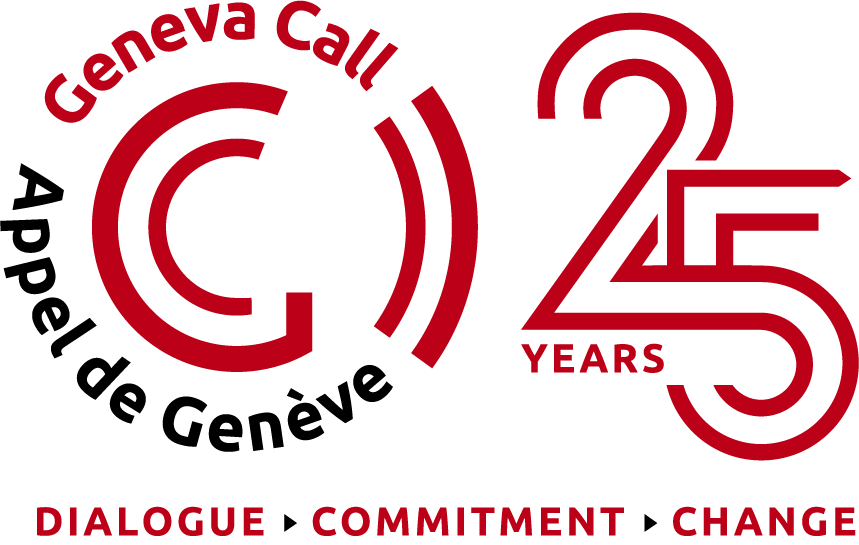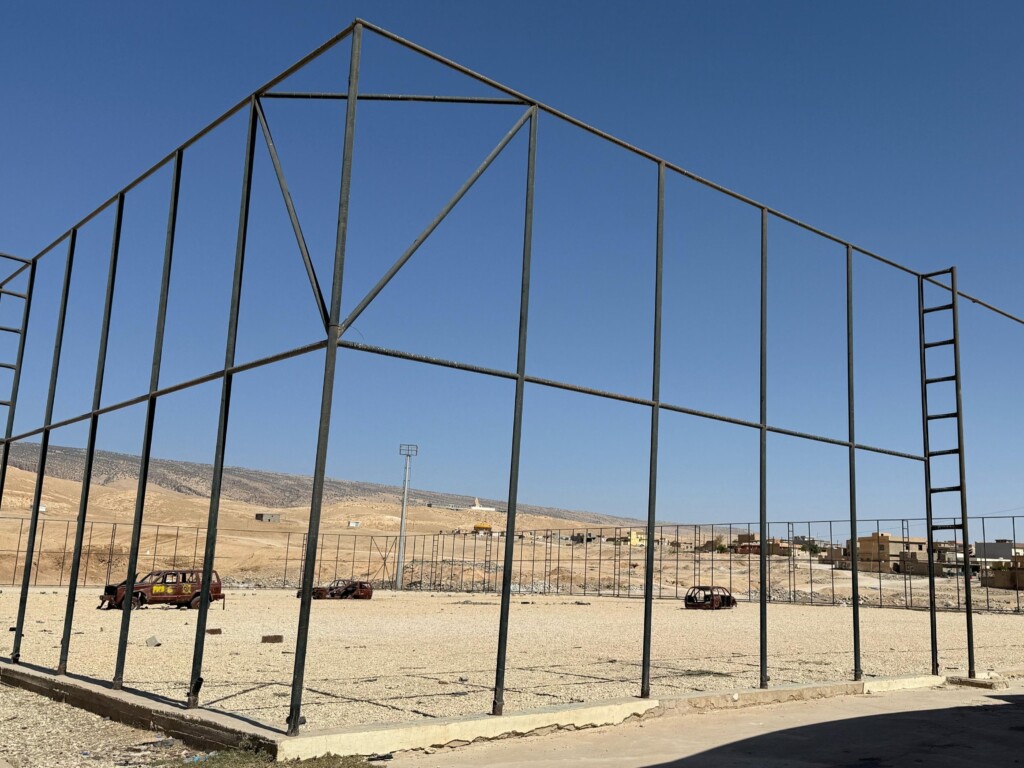
Rebuilding trust in Sinjar, Iraq: long-term engagement and inclusive dialogue as tools for civilian protection
18 novembre 2025
More than a decade after the Islamic State’s brutal takeover of Iraq in 2014, the north-western district of Sinjar remains one of the country’s most fragile. A majority-Yazidi area, Sinjar was the epicenter of mass atrocities, displacement, and destruction. Although ISIS was territorially defeated, the region still bears the scars of that violence – physically, socially, and psychologically.
Tens of thousands of Yazidis remain displaced, many in camps across northern Iraq. Reconstruction has been slow, and public services – housing, healthcare, and education – remain limited. Weak governance, competing armed groups, unresolved grievances, and sporadic outbursts of violence continue to undermine security and peace.
The district’s social fabric is also frayed. Mistrust between Yazidi and Sunni Arab communities, rooted in the legacy of ISIS violence, hinders coexistence. Yet amid this fragility, Sinjar shows remarkable resilience: communities continue to reclaim public spaces, rebuild education, and advocate for the protection of civilians.
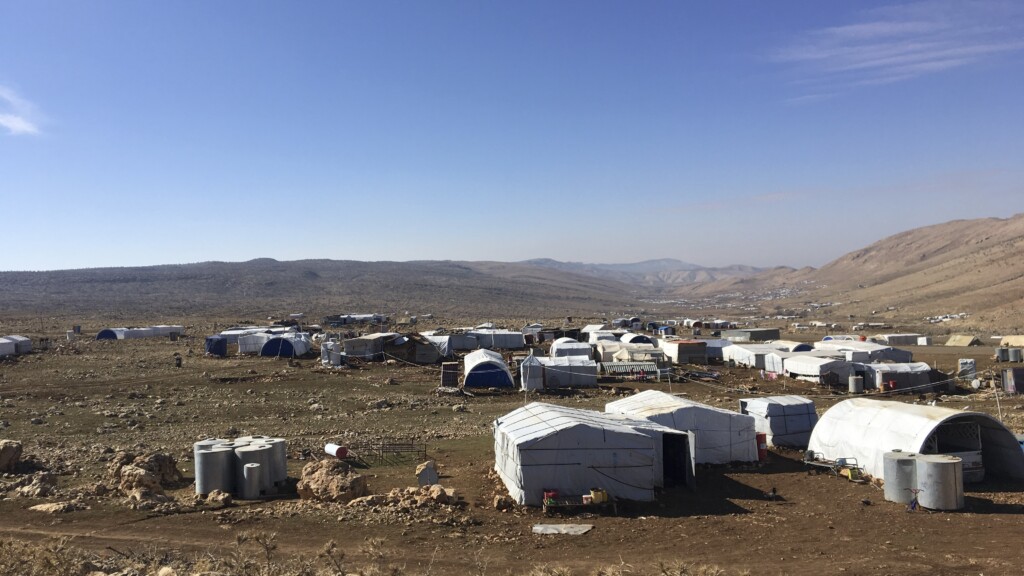
The impact of armed groups on civilians
Armed groups in Sinjar have shaped much of the district’s insecurity, turning schools, administrative buildings, and recreational areas into militarised zones. Clashes with the Iraqi Security Forces (ISF) have disrupted daily life and deterred returns. Civilians, particularly returnees, remain caught between competing agendas. Through sustained engagement and dialogue facilitated by Geneva Call, however, some armed groups have withdrawn from civilian sites and joined discussions on protection in steps toward restoring safety and normalcy.
Geneva Call’s approach in Sinjar reflects its broader Theory of Change, which recognises that civilians living under the influence of armed groups and de facto authorities (AGDAs) – especially women, children, and marginalised groups – are often inadequately protected. To address this, Geneva Call seeks to foster behavioural change among AGDAs by strengthening their compliance with humanitarian norms and principles. This is achieved through long-term, sustained engagement and robust dialogue with both AGDAs and local communities.
In Sinjar, this approach directly translates into reduced violence, better civilian protection, and a gradual rebuilding of trust. Over time, such engagement does more than resolve individual crises—it helps embed humanitarian norms and principles into the behaviour of armed actors themselves, fostering a more predictable and accountable security environment for civilians.
Building dialogue for protection and peace
At the 2025 Geneva Peace Week PeaceTalks, Pishkafti Shokri—representing Geneva Call’s Iraq mission—shared reflections on why this work continues to be as important as rebuilding local infrastructure. Alongside its engagement with armed groups, he also emphasised Geneva Call’s inclusive approach, which allows representatives from all communities to raise protection concerns directly.
Dialogue, in this context, is not merely discussion—it is a tool for violence mitigation and social repair, says Pishkafti Shokri.
Sustained engagement has helped encourage behavioural shifts in armed groups, ensuring that reduced violence and stronger respect for humanitarian norms directly benefit civilians. By facilitating exchanges between communities and armed actors, Geneva Call has also strengthened understanding and cooperation across the district.
Defusing tensions and preventing escalation
The fragility of stability in Sinjar was evident in April 2023, when tensions erupted following the return of several Arab families perceived to have ties to ISIS. When a Yazidi woman identified one returnee as her former captor, protests spread quickly and hate speech flared online.
In response, its long-term work in the district enabled Geneva Call to engage trusted community figures, including religious leaders and members of local armed groups, to defuse the situation. This mediation led Yazidi and Sunni leaders to issue a joint statement which prevented further escalation.
In moments of fear and anger, our task is to protect civilians and open even the smallest space for conversation – that space can become the difference between escalation and peace, says Pishkafti Shokri.
Interactive Dialogue Forums: A space for inclusion
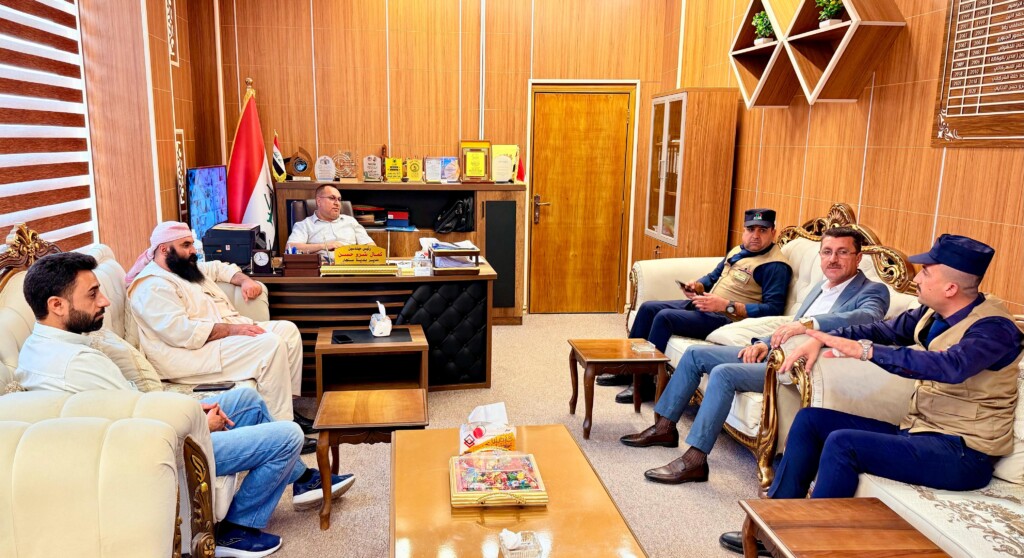
An Interactive Dialogue Forum brings together representatives from different communities and armed groups. (©Geneva Call)
With the aim of transforming its long-term engagement into long-term impact, Geneva Call established safe spaces for dialogue, such as the Interactive Dialogue Forums in the Sinjar district – structured platforms bringing together representatives from the Yazidis, Sunnis, armed groups and local authorities.
Through these forums, Geneva Call supports discussions on the return of displaced persons, access to services, and the protection of civilian infrastructure, explains Pishkafti Shokri.
The organisation has also facilitated communication between local armed groups and the ISF. Armed skirmishes recently erupted, which were immediately reported to Geneva Call by community representatives. Leveraging its working relationships with key stakeholders in the district, Geneva Call helped de-escalate the situation by convening an urgent meeting between the two parties.
Women empowered to engage with armed groups for their own and their community’s protection
Geneva Call ensures that its interventions in Iraq consider gender-specific needs and dynamics, with a specific focus on empowering women and strengthening their participation in protection efforts. In alignment with concerns raised by women-led organisations and local activists – reflecting the challenges women face in their communities – Geneva Call’s programming aims to support their engagement in humanitarian dialogue. In Sinjar specifically, the organisation has trained more than 35 women as monitors, equipping them with the tools to document protection concerns, engage with armed groups, and advocate for safer conditions for all civilians.
Small victories, enduring effects
While much of Geneva Call’s work in Sinjar focuses on systemic change, progress also emerges through everyday acts of recovery. One example concerns the football stadium in Sinjar town, once occupied by an armed group. After more than a year of engagement, Geneva Call secured its evacuation, and in October the site was handed back to the municipality for youth activities—a symbolic but tangible return to normalcy.
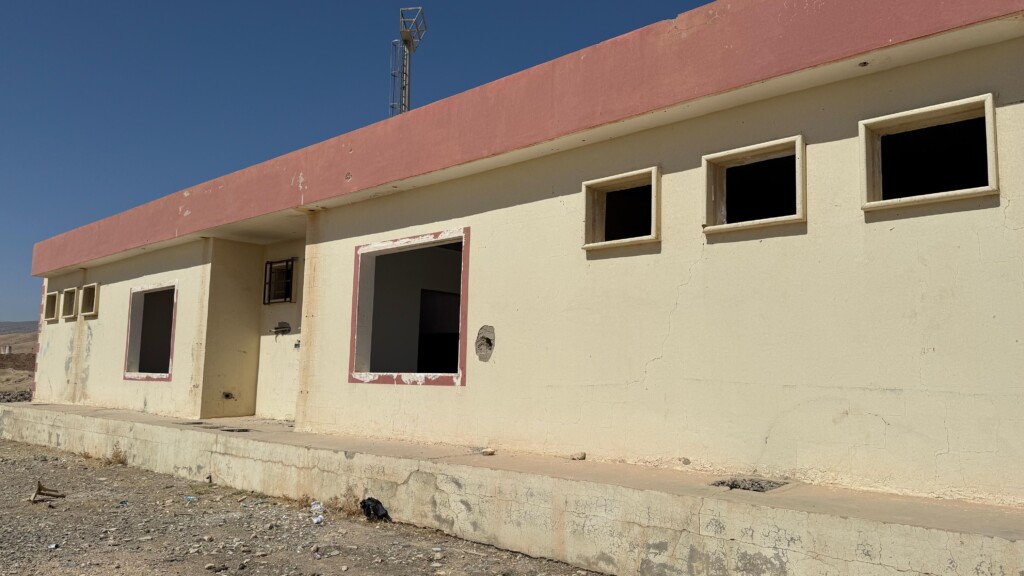
Sports facilities left behind by an armed group in Sinjar. (©Geneva Call)
Toward lasting peace and community resilience
Sinjar’s story is a reminder of both the vulnerability and strength of communities in protracted conflicts. Through long-term engagement and inclusive dialogue, Geneva Call not only helps to protect civilians by transforming how armed groups behave, but also contributes to strengthening the systems that sustain peace. To learn more about Geneva Call’s work in Iraq, listen to Pishkafti Shokri’s presentation at the PeaceTalks here.
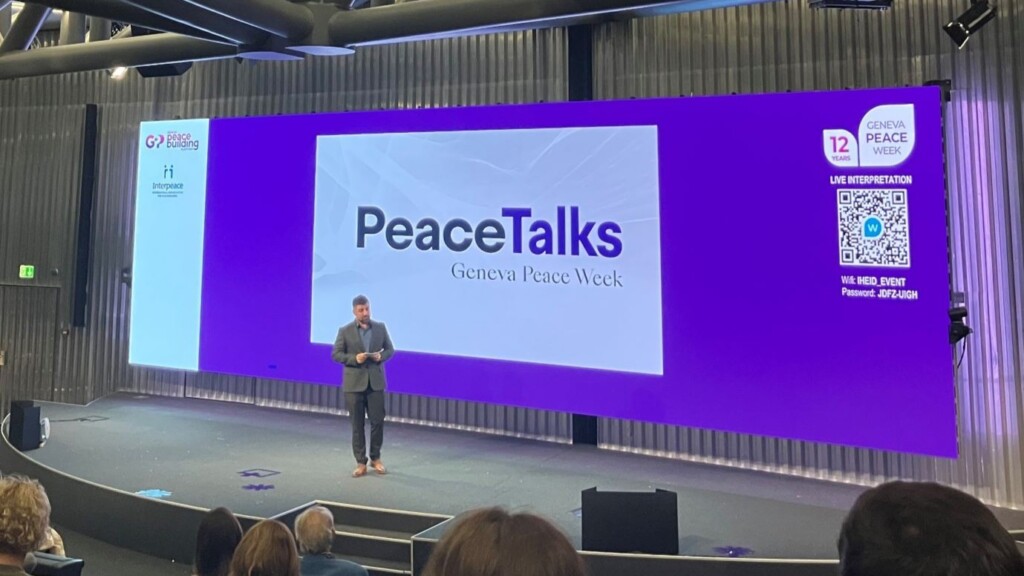
Geneva Call’s Head of Programme in Iraq, Pishkafti Shokri, speaking at the Geneva Peace Week PeaceTalks. (©Geneva Call)
About the PeaceTalks
The PeaceTalks initiative was launched in Geneva, Switzerland, in 2013. Over the past decade, it has expanded globally, with 25 editions held across more than eight countries and featuring over 200 speakers from 60 nations. The PeaceTalks aim to highlight inspiring stories of peacebuilding from around the world, demonstrating that peaceful solutions to conflict exist—and that everyone can play a role in creating them.
